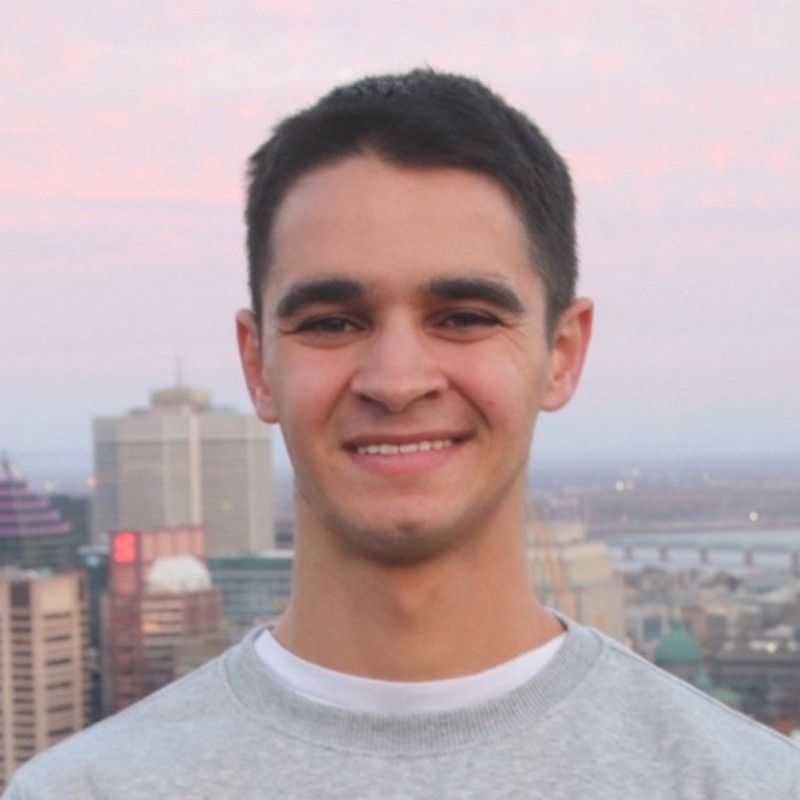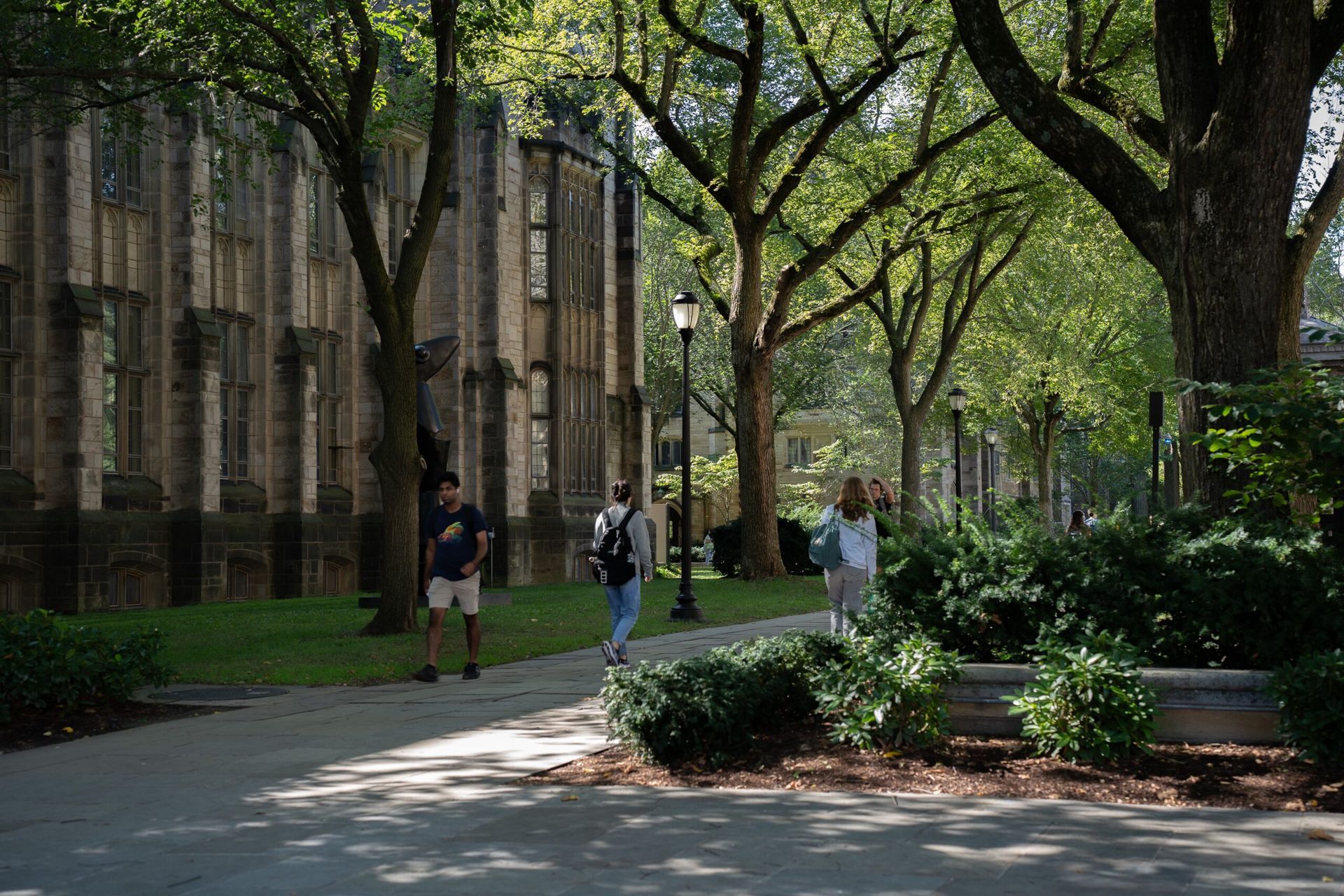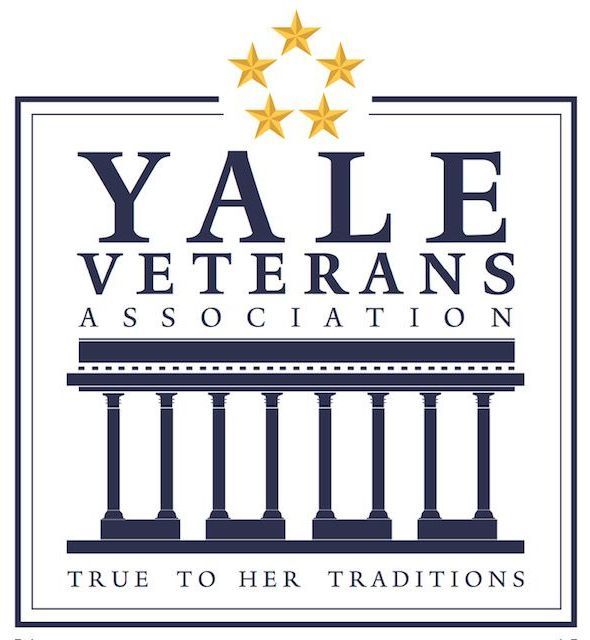Enlist and Enroll
Yale student veterans learn how to bridge the military and the university.
James, or Jimmy, Hatch ’24 laughed when a Yale professor suggested he apply to Yale as an undergraduate student. Despite his nearly twenty-six years in the U.S. Navy and multiple deployments as a SEAL, he couldn’t believe that Yale would be interested in what he had to say. Hatch had dropped out of high school with a GPA in the “high 1s” to join the military. After visiting Yale to give a talk and tour the campus, he wrote and submitted his application, including its two essays, in under an hour. He had low expectations. Yet, in 2019, Hatch matriculated at Yale as a 52-year-old first-year.
Arriving on campus, he was unsure how the community would welcome him.
“I thought I was a monster because I’d been doing what I was doing, I was really good at it, I enjoyed it, and I felt like it was what I should be doing. I was paid to be a criminal,” Hatch said. “I was concerned that people here wouldn’t see the value of that, and in fact, that they would be freaked out by me, but that wasn’t the case.”
Hatch spent four years as a Navy sailor and twenty-two years in the SEAL Teams, during which he served as a parachute instructor and had combat deployments to Bosnia, Afghanistan, and Iraq. He received four Bronze Stars throughout his service, awarded for heroism in combat. In 2009, on a mission to rescue a captured soldier, Hatch was shot in the leg, resulting in injuries that required eighteen surgeries and ended his military career. Hatch was awarded a Purple Heart. Post-traumatic stress disorder, substance abuse, and a suicide attempt marked his rehabilitation process.
Ten years after his injury, Hatch became the first non-traditional student in Yale’s Directed Studies program for first-years, and he went on to major in humanities. After receiving his bachelor’s degree in 2024, he served as a resource to incoming Directed Studies students, calling himself the “old man with arm tattoos who hands out fliers before the lectures from time to time.” This spring, Hatch became a lecturer for the Jackson School of Global Affairs, teaching a course called “The Impact of War on Its (Willing and Unwilling) Participants.”


